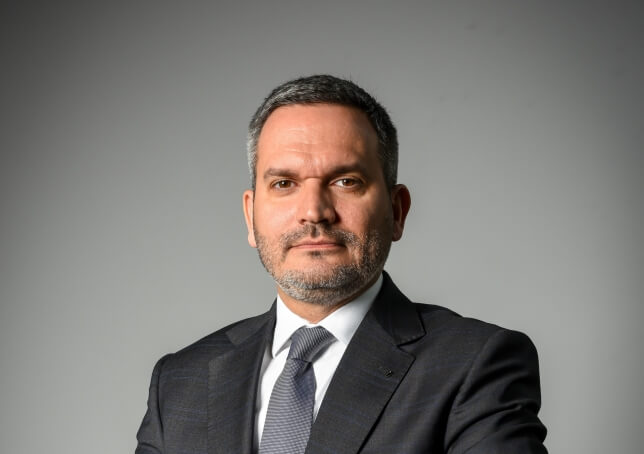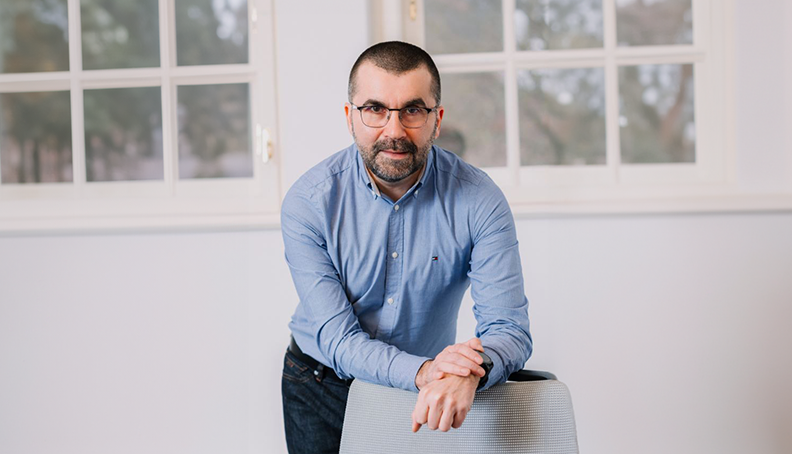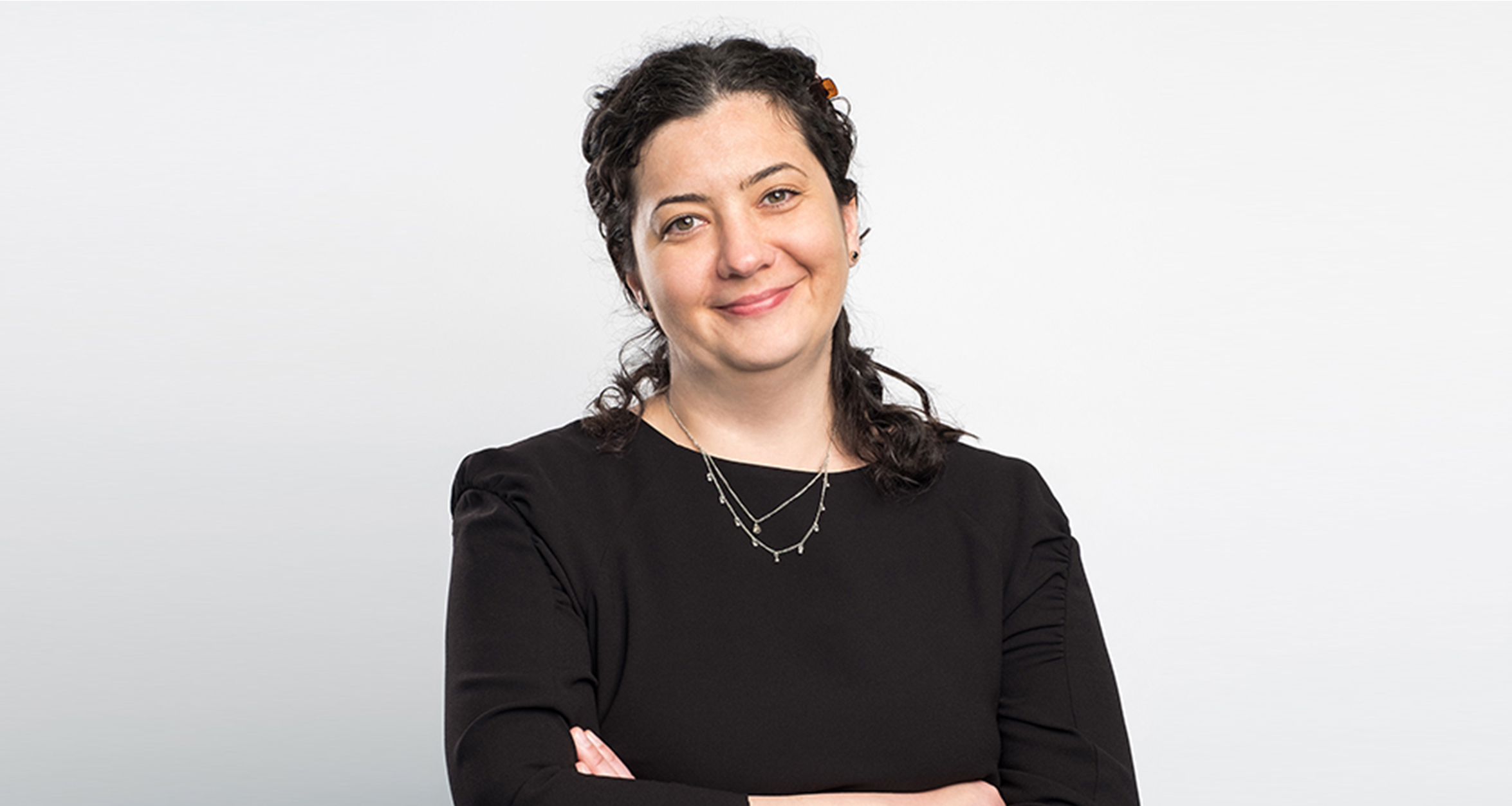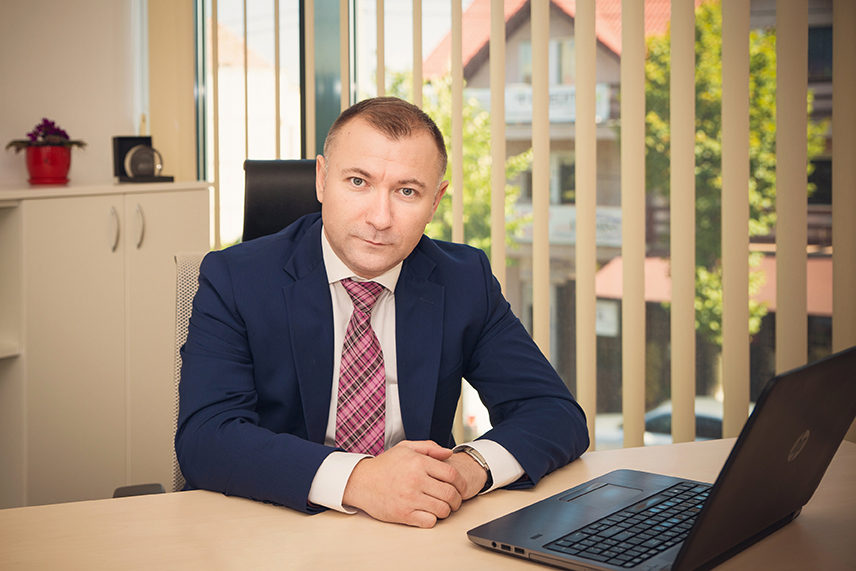Ömer Tetik, BT CEO: Our geography is Romania
November 02 November 2023 Reading time 7:00 minutes

Interview with Ömer Tetik, CEO of Banca Transilvania, to SeeNews, on the occasion of the publication of the Top Banks in South East Europe 2023, in which BT is again this year in first place.
In 2022, Banca Transilvania topped the list of the largest banks in Southeast Europe for the fifth consecutive year, withstanding global tensions. What was the key to its resilience?
We are proud to be one of the largest banks in this part of Europe. Our geography is Romania, so we have continued, over the years, to be the main financier of the local economy, targeting most sectors of activity.
Our focus has always been on SMEs, where we have unique skills in the market and branches in all areas of Romania, where other banks do not reach. We are well positioned in our relationship with our customers in several segments and we see that the bank is appreciated by customers and they like to work with us. We have a very good position in the micro, SME and middle corporate market, but also in the specialized sectors - medical and agro. Some of these will continue to benefit from public investment and European funds. We still have a big gap with Western Europe in the medical sector - investment is needed and we have the know-how to help customers. On retail banking we have a couple of areas where we have reached network effects - BT Pay is the banking and payments app with the most users in Romania, and the STAR programme is the largest ecosystem of merchants and credit cards.
Given the challenges coming from the economic and international environment, each year we have been cautiously optimistic. Optimism gives us a special energy, a certain combustion, and caution makes us wary given the volatility and fundamental change in macroeconomic benchmarks in recent years - a period in which we have had everything from pandemics to war. But we move on.
What is your forecast for the bank's financial performance in 2023?
As we are listed on the stock exchange, I will unfortunately not be able to make the forecasts public. From the 2023 results it is possible to predict BT's path to some extent, but - like any other part of the ecosystem - we are dependent on challenges in the economic environment.
The bank is doing well, in the first half of the year we had sustained organic growth, mainly due to the increasing volume on transactions. More than 130,000 loans were granted and we reached 4 million customers. We made strides in terms of digitisation and inclusion, and in total 88% of our customers ended up using at least one of BT's apps. Banca Transilvania Financial Group's consolidated net profit was RON 1,581.7 million at the end of June this year (+51.14% compared to June 2022), of which the bank's net profit was RON 1,269.0 million (+39.91% compared to June 2022). We generate value for the population and companies, we support the economy in a key period for Romania. We continue to invest in increasing volumes, transactions and financing the economy to ensure prosperity for Romanians. The bank's profitability helps us to strengthen BT's capital to meet our plans and legal regulations.
What obstacles to growth do you anticipate and what opportunities do you see in the short term?
I would refer to both Banca Transilvania and Romania because, if our country is doing well, so is the bank. For BT, an opportunity is the large number of customers. As I said, we have exceeded the 4 million mark, which allows us to have critical mass for selling products and services, but also for risk dispersion. Another would be the bank's magnetism towards attracting new customers. For example, the first six months of the year saw over 280,000 new customers, which means over 1,600 every day. Obstacles in banking come from fiscal instability and the increasing complexity of regulations in our field of activity, but we are adapting.
Speaking of Romania, a first opportunity is to increase investment in infrastructure, mainly because it is a necessity. Transport infrastructure, for example, plays a decisive role in the country's development because it fundamentally increases accessibility in various areas, reduces transport distance and time, optimises distances between economic areas. Another opportunity is the absorption of NRDP funds, which would help us grow the country and narrow the gap with the West. Obstacles include the slowdown in the growth of the real economy, the intensification of geopolitical tensions and the pressure on international markets due to macroeconomic pressures, globally.
The acquisition of three leasing companies in the last five years has strengthened your position in this market. What are your objectives within this division and how do you see Romania's appetite for leasing evolving?
Each of the three acquisitions - Țiriac Leasing (2022), Idea::Leasing (2021) and ERB Leasing (2018) - has brought us closer to the goal we have at BT Leasing, which is to strengthen our position in the market, to become number one in this segment, as we are in banking.
The leasing market in Romania has been growing in recent years and we believe in its potential because leasing is an easy, quick solution to purchase new, high-performance cars and equipment. We are happy to see the increasing interest from customers for electric cars or energy efficient equipment. BT Leasing's synergies with Banca Transilvania Financial Group, digitalisation, offer and team are our growth engine in this business segment.
As projects in Romania's National Recovery and Resilience Plan take shape and new targets approach, do you anticipate a potential financing gap in any sector and how is the bank positioned to fill potential gaps?
I hope that Romania will respect the timetable for achieving the targets agreed in the NRRP and in line with the European Commission's requirements. This would bring billions of euros to our country, together with public investment and reforms. The largest amount of investments from the NRRP by the end of the implementation period will go to the construction sector, which has several segments: infrastructure, renovations, utilities. Therefore, a potential financing gap could be anticipated here, and we are ready to support companies participating in the completion of these projects.
Whether we are talking about investments in energy, education, digital transformation, sustainable transport or investments to finance works to increase the energy efficiency of the existing housing stock, our bank supports these public projects because they contribute to the sustainable development of the Romanian economy. Moreover, under the PNRR private sector facilities, BT participates by financing SME sustainability and competitiveness plans, which are supported by portfolio guarantees managed by the European Investment Fund.
The full interview, in English, can be read here.

Press contact
Other articles


A little more
I just sent an email to you. Confirm your subscription by clicking on the link in the email.











